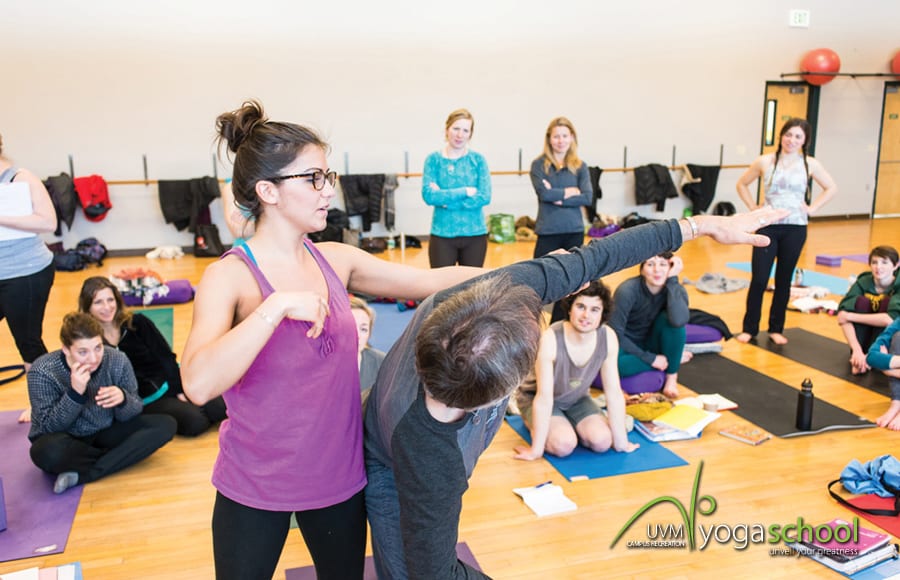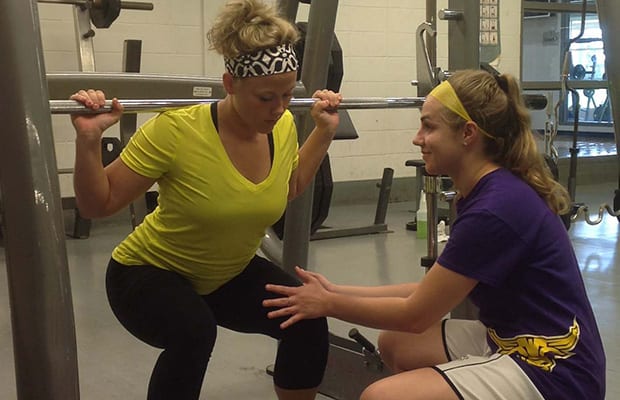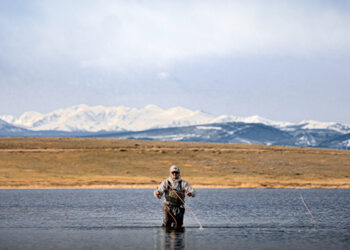Cutting-edge is how Justina Reichelt described the field of fitness.
“It’s evolving as we find out more with science and with the advances in technology with equipment,” said Reichelt, the assistant director of campus recreation at the University of Vermont.
And with that evolution comes a constant change in continuing education options. It can be difficult to choose what certifications, workshops or education opportunities a recreation center should invest in for its staff.
To first determine what education to pursue, Reichelt said her team compiles data to analyze class demand. “We look at the statistics and what’s trending within our campus, then we go out and look more specifically at what companies are offering training that will help us stay ahead of the curve a little bit more in those areas,” she said.
Carly Hopper, the program coordinator of fitness and wellness programs at Minnesota State University, did warn to be aware of what is reputable in continuing education, versus simply jumping on the latest fitness fads. Hopper said in her experience, education providers that are National Commission for Certifying Agencies (NCCA) accredited, as well as the American College of Sports Medicine (ACSM) certifications, are some of the gold standards in the industry.
But continuing education isn’t limited to outside organizations. At Portland State University Campus Recreation, in-services are offered each year. “These in-services teach instructors how to effectively lead new class formats,” said Leilani Freeman, the Group X coordinator. “Once they have their basic group exercise certification, they can take these specialty in-services to learn class formats such as cycling, water aerobics and advanced resistance training that utilizes all of our Group X equipment.”
Beyond in-service, Freeman said they also offer at least two workshops or certification courses each year. Veronique Nyounai-Herrera, Portland State’s personal trainer student coordinator, suggested the USAW Olympic Lifting, AFAA Group Fitness Instructor and TRX certifications. Freeman advised campus recreation centers host at least one brand-name certification a year, naming Beachbody as a very thorough training entity.
Cost is another factor to consider when choosing continuing education options. Reichelt said she looks at what continuing education pieces would not only be most beneficial for her staff, but for the center’s schedule and future. Then she will have staff go through a scholarship process with a rolling application in which she reimburses staff after they attend the workshop or course. Generally, she recommends Les Mills, OPEX, Precision Nutrition, American Council on Exercise (ACE) and National Academy of Sports Medicine (NASM) continuing education pieces.
Getting staff excited about continuing education is another matter to consider. “To keep staff excited about continuing education, I ask them what they are passionate about and want to learn more about,” said Hopper. “We have space reserved in our fitness studio on Sunday nights for a two-hour block of time where group fitness instructors can jam out, practice routines and network with other instructors to stay motivated.”
Nyounai-Herrera also said they work hard to listen to their staff in this area. “Our trainers are excited about continuing education because the opportunities we provide reflect the feedback they provide us about what they’d like to learn,” she said.
And it’s this interest that helps decide what Campus Recreation will invest in at Portland State. If not enough people are registered for a certification, it will not run. However, time is the main logistical obstacle for in-services. “When leading in-services ourselves, we need to consider the time it takes to prepare and teach the information,” she said. “Once the in-service has been created, we can use the same sequence each year with minor updates where needed.”
While continuing education is essential, Reichelt said it can be difficult to decide what to invest in. From cost to hurdles of implementation in the facility, she said you sometimes need to get creative to get the most for your money.
Hopper agreed cost, time and ease are the largest components when choosing what continuing education workshops to host or send staff to attend. Through some organizations, she can secure discounted, or even free, opportunities.
Hopper explained because the industry is constantly evolving, continuing education is a must. “We do the best we can to offer continuing education opportunities so our staff feel confident and educated about the latest guidelines,” she said.












